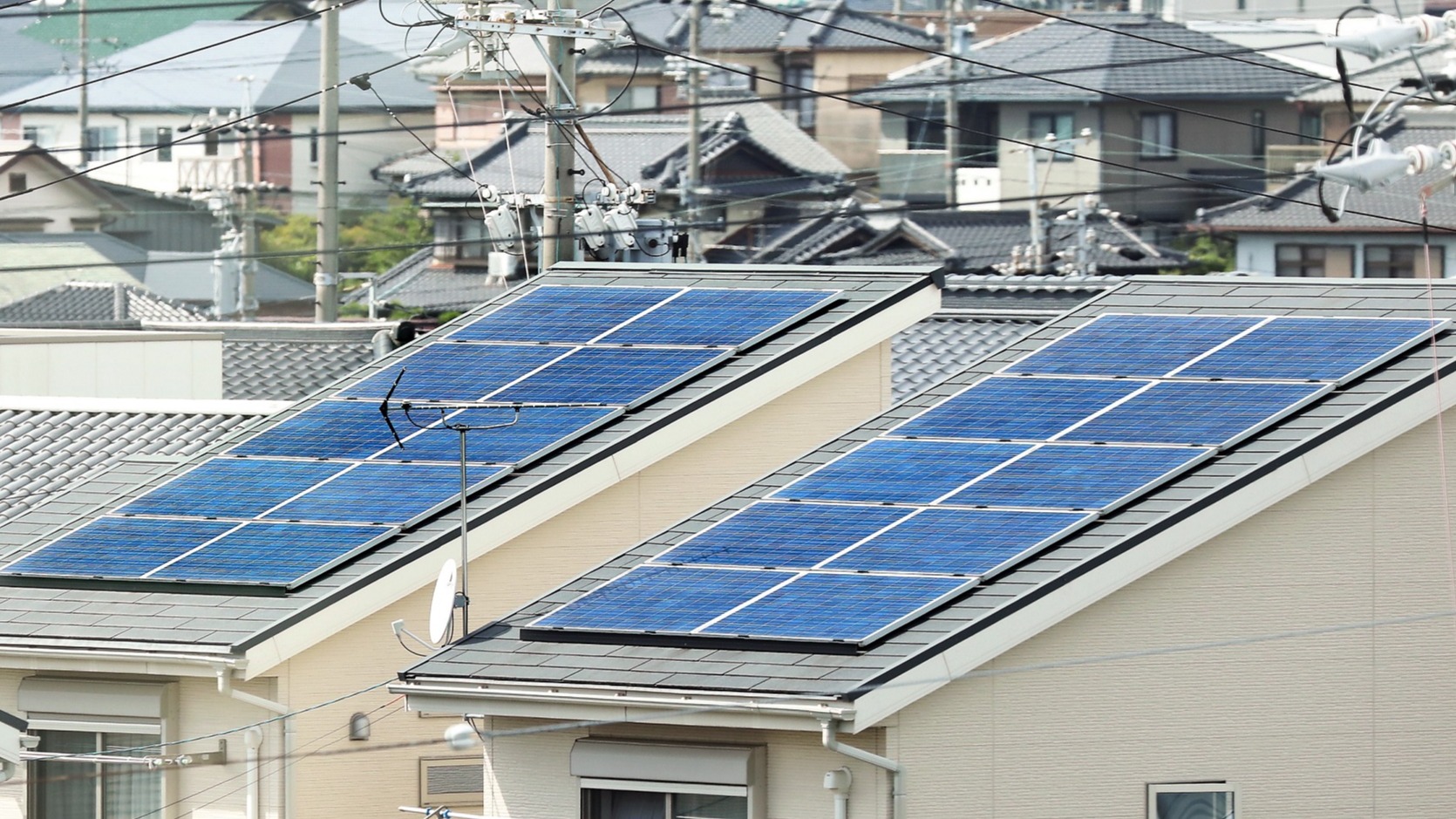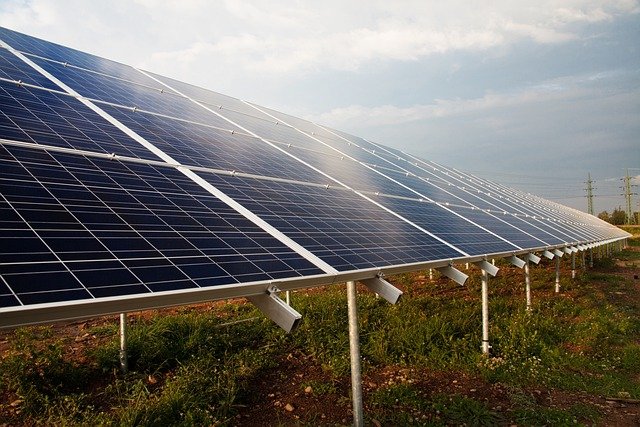
Massachusetts offers several incentives to get solar power on your home. A tax exemption is available for solar systems installed before December 31, 2011, to help offset the cost of installation. SRECs are also available to you, allowing you to sell the energy back to your utility and earning income over the lifetime of the system.
SMART program
The SMART program for solar in Massachusetts is a state-mandated incentive program that supports solar deployment across the state. This program provides a fixed rate per kWh for solar power, over the lifetime of a system. It also encourages storage. Massachusetts has increased its solar target from last year by more than doubling and recently made it compulsory for any solar system larger that 500 kW to be paired in conjunction with energy storage.
The SMART program for solar in Massachusetts was recently approved by the Department of Public Utilities. While utilities had proposed caps on the on-bill credits for solar projects in their communities, the DPU rejected both proposals. A proposed fixed fee on all ratepayers was also rejected by utilities. Instead, they opted to impose a volumetric cost that is less burdensome on ratepayers.
Exemptions from property taxes
Massachusetts offers tax exemptions for wind and solar projects. This tax exemption may be available to you if you have a Massachusetts home. But, it is important to know the rules for property tax exemption when you install a wind or solar energy system. You cannot claim the exemption from solar tax if the intention is to sell the energy you generate to an electric company.

To apply for exemption, you must fill out an application form and submit it to the local assessor. The exemption is valid 20 years. You must apply for an exemption every 20 years after the exemption ends. Your assessor should also note the year on the property record card. This will indicate that the exemption is ending. Additionally, your assessor should maintain a separate list of exempt devices.
Financial incentives
Massachusetts is a top state for solar energy. It offers great financial incentives for panel installation. These incentives can be used to reduce the cost of solar panels and accelerate the payback time. Massachusetts offers one of the best solar incentive programs in the country, the Solar Massachusetts Renewable Target program. This program pays customers a fixed rate for each kilowatt hour over ten years.
This state offers several financial incentives for installing solar panels, including rebates or tax credits. It is also working towards achieving its Clean Energy Standard, so its renewable energy portfolio has goals that are in line with this goal. You can get tax credits from the federal government in Massachusetts. The Commonwealth, some cities, and some towns offer rebates. You could get a tax credit up to 30% depending on your income. Massachusetts also has a new solar tariff program. It assigns a price to the energy you generate and then send back to grid. This program replaces the SRECII and SRECII programs.
Legality
If you are planning to install solar panels on your home in Massachusetts, you must know the legalities of solar easements. These are legal agreements between you and another person or business that gives you the right to install solar panels on their property. These agreements allow you to save money and receive tax benefits. Also, solar panels must have access to the sun for proper functioning.
Massachusetts is committed increasing renewable energy sources. Recently, solar energy systems have gained popularity. However, the state has been involved in several legal disputes due to the rapid growth of solar systems. Massachusetts Supreme Judicial Court recently ruled solar energy systems aren't a violation to zoning regulations.

Costs
You can cut down on your energy costs by installing solar panels in your home. The costs will vary depending on the size of the system, but the average cost per watt installed in Massachusetts is about $2.67 to $3.31. There are ways to reduce your costs, but still ensure your solar installation is attractive for you home. For an estimate, ask a local professional solar installer. This will help you to figure out the price of your project.
Massachusetts offers many incentives for solar panel installations. You can also avoid sales tax by installing solar panels. Additionally, the state can offer a tax credit for renewable energy. Also, for producing solar electricity, income tax credits can reach up to $1,000. Massachusetts also has an SREC market that allows homeowners to generate solar electricity. This allows you to earn a significant income by selling excess energy to utilities.